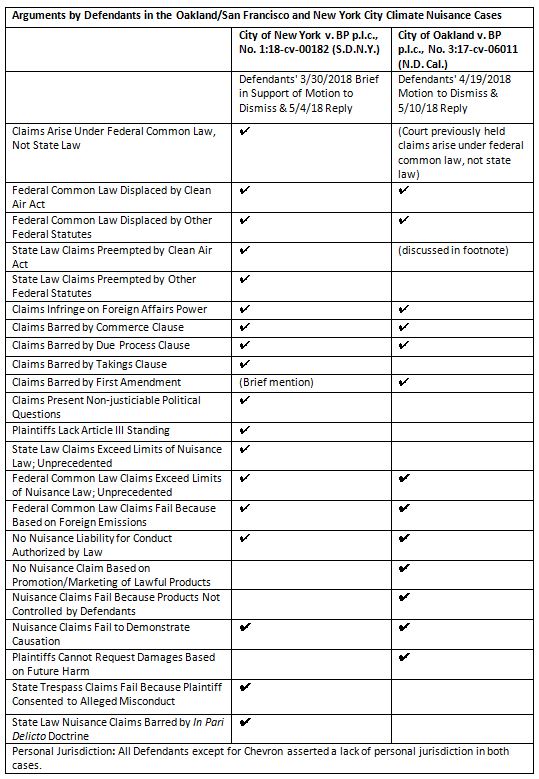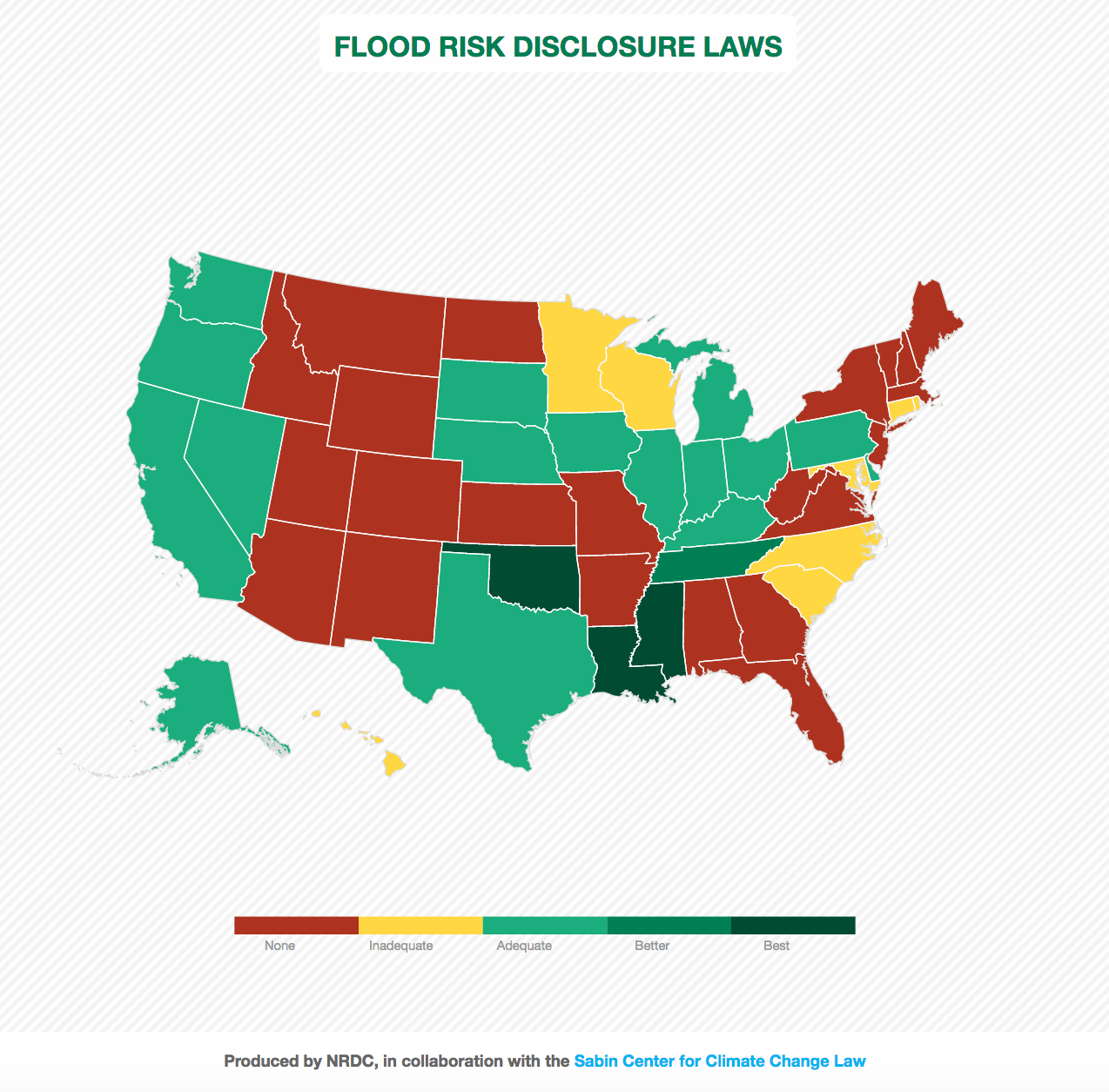A recently passed Wyoming law now criminalizes certain kinds of data collection: specifically, unauthorized collection of natural resource data. The new Wyoming Senate Enrolled Act No. 61 outlaws the collection of “resource data”[1] on any “open land” – private, state, or even (under some interpretations) federal land – if the collector does not have landowner authorization, and the collector submits or intends to submit that data to the state or federal government. The law also criminalizes even unintentional trespass if done to collect resource data, and even if the unintentional trespass is committed on the way to collecting resource data from an authorized location.
The creation of this law follows a lawsuit filed last year in Wyoming state court, where a dozen ranchers accused Western Watersheds Project employees of trespassing on private land to collect water samples. The Western Watersheds Project, an advocacy group focused on protecting watersheds and wildlife in the American West, had taken water samples on public lands to send to the state Department of Environmental Quality – and the ranchers, whose cows may roam on those public lands, claimed they must have crossed private land in order to collect some of the samples.[2] (Some public land in Wyoming can only be reached by traveling through private property.[3]) In three instances, the collected samples themselves were alleged to have been taken from private land.[4] This lawsuit is currently ongoing.[5]
The Wyoming legislature reacted by passing Senate Enrolled Act No. 61, in order “to conceal the fact that many of its streams are contaminated by E. coli bacteria,” writes Justin Pidot, an environmental law professor at the University of Denver and a pro bono attorney for the Western Watersheds Project.[6] (Or, as the Washington Post put it, “Wyoming doesn’t want you to know how much cow poop is in its water.”[7]) As Pidot explains, the “ranching community in Wyoming wields considerable political power.”[8] The Western Watersheds Project has tried to show that cattle farms are polluting public waterways and has argued that is being “targeted by ranchers for exposing poor water quality conditions on public lands grazing allotments.”[9]
The law itself has been criticized for both its harshness and for its ambiguities. Most notably, there is confusion about what qualifies as “open land” under the statute. Some claim that “open land” means only private land, some claim that “open land” means only private and state land, and some claim that it could mean virtually all land – private, state, and federal. The statute itself defines “open land” as “land outside the exterior boundaries of any incorporated city, town, subdivision . . . or development,” a designation that seemingly could apply to many areas.
The original author of the law, Wyoming state senator Larry Hicks (R-Baggs), said that his intent was to ban both private and state land data collection, but admitted that the statute’s wording was “confusing.”[10] Similarly, the Wyoming State Lands Assistant Director, Jason Crowder, has acknowledged that while Wyoming has no jurisdiction over federal lands, the law may impact state lands on a “case by case basis.”[11] Given the ambiguities, Pidot recommends that the U.S. Department of Justice file a lawsuit to overturn this law for potentially encroaching on federal authority.[12] (He also believes the law is unconstitutional because it violates the First Amendment right to free speech since it subjects speech about natural resources to burdensome regulation, and also violates the First Amendment right to petition the government by criminalizing public engagement with government agencies.[13])
In addition, the law provides a separate trespass provision, such that trespass regarding data collection is now criminalized to a greater extent than ordinary trespass. Generally, Wyoming does not consider unintentional trespass a criminal violation and, prior to the data collection law, intentional trespass carried a maximum penalty of six months’ imprisonment and/or a fine of $750.[14] Under this new data collection law, however, a first-time offender for even unintentional trespass related to data collection may be punished for up to one year’s imprisonment and/or a fine of $1,000. There is also a provision in the data law for repeat offenders, with a minimum of 10 days in prison up to a maximum of one year, and/or a fine of up to $5,000.
It seems plausible that data collectors will change their behavior to avoid getting into trouble, especially given the new law’s ambiguities and criminalization of unintentional trespass (even if the trespass occurs on the way to collect data from an authorized location). So while the law certainly will reduce data collection from unauthorized “open lands,” it likely also will reduce data collection even on authorized land, as researchers will curtail their activities for fear of being charged with a criminal violation due to an unintentional mistake.
Not surprisingly, the law has been widely criticized for “criminalizing science.”[15] And while the law’s proponents have dismissed such criticism as “inflammatory rhetoric,”[16] the Wyoming scientific community has expressed fears about how this may affect the ability to conduct research.[17] (The University of Wyoming lobbied unsuccessfully for an academic exemption.[18]) The law also impedes citizen science which, as Pidot has pointed out, has “long played an important role in gathering information to support better regulations” – but now, if “you discover an environmental disaster in Wyoming, you’re obliged, according to this law, to keep it to yourself.”[19]
Regardless of how one feels about this law’s purported aim to protect the Wyoming ranching industry, it does not seem a stretch to envision unintended and negative consequences far beyond cattle farms. The law’s breadth, ambiguity, and strict liability combine to make it a threat to countless areas of science in Wyoming.
Lauren Kurtz is the Executive Director of the Climate Science Legal Defense Fund, which seeks to protect the scientific endeavor. For more information, please visit www.climatesciencedefensefund.org
[1] The statute defines “resource data” as “data relating to land or land use, including but not limited to data regarding agriculture, minerals, geology, history, cultural artifacts, archeology, air, water, soil, conservation, habitat, vegetation or animal species,” with the exception of data for determining property boundaries or property values.
[2] https://www.wyofile.com/blog/critics-say-wyoming-data-trespassing-law-criminalizes-science/
[3] https://www.washingtonpost.com/blogs/govbeat/wp/2015/05/20/wyoming-doesnt-want-you-to-know-how-much-cow-manure-is-in-its-water/
[4] https://www.wyofile.com/blog/critics-say-wyoming-data-trespassing-law-criminalizes-science/
[5] https://www.westernwatersheds.org/2015/05/om-311/
[6]https://www.slate.com/articles/health_and_science/science/2015/05/wyoming_law_against_data_collection_protecting_ranchers_by_ignoring_the.html
[7] https://www.washingtonpost.com/blogs/govbeat/wp/2015/05/20/wyoming-doesnt-want-you-to-know-how-much-cow-manure-is-in-its-water/
[8]https://www.slate.com/articles/health_and_science/science/2015/05/wyoming_law_against_data_collection_protecting_ranchers_by_ignoring_the.html
[9] https://www.westernwatersheds.org/2014/12/om-299/
[10] https://www.wyofile.com/blog/critics-say-wyoming-data-trespassing-law-criminalizes-science/
[11] https://wyomingpublicmedia.org/post/officials-say-data-collection-bill-does-not-impact-federal-lands
[12]https://www.slate.com/articles/health_and_science/science/2015/05/wyoming_law_against_data_collection_protecting_ranchers_by_ignoring_the.html
[13]https://www.slate.com/articles/health_and_science/science/2015/05/wyoming_law_against_data_collection_protecting_ranchers_by_ignoring_the.html
[14] https://www.blm.gov/style/medialib/blm/wy/information/docs.Par.1305.File.dat/publicaccess.pdf
[15] https://www.wyofile.com/blog/critics-say-wyoming-data-trespassing-law-criminalizes-science/
[16] https://www.washingtonpost.com/blogs/govbeat/wp/2015/05/20/wyoming-doesnt-want-you-to-know-how-much-cow-manure-is-in-its-water/
[17] https://www.wyofile.com/blog/critics-say-wyoming-data-trespassing-law-criminalizes-science/
[18] https://www.wyofile.com/blog/critics-say-wyoming-data-trespassing-law-criminalizes-science/
[19]https://www.slate.com/articles/health_and_science/science/2015/05/wyoming_law_against_data_collection_protecting_ranchers_by_ignoring_the.html




